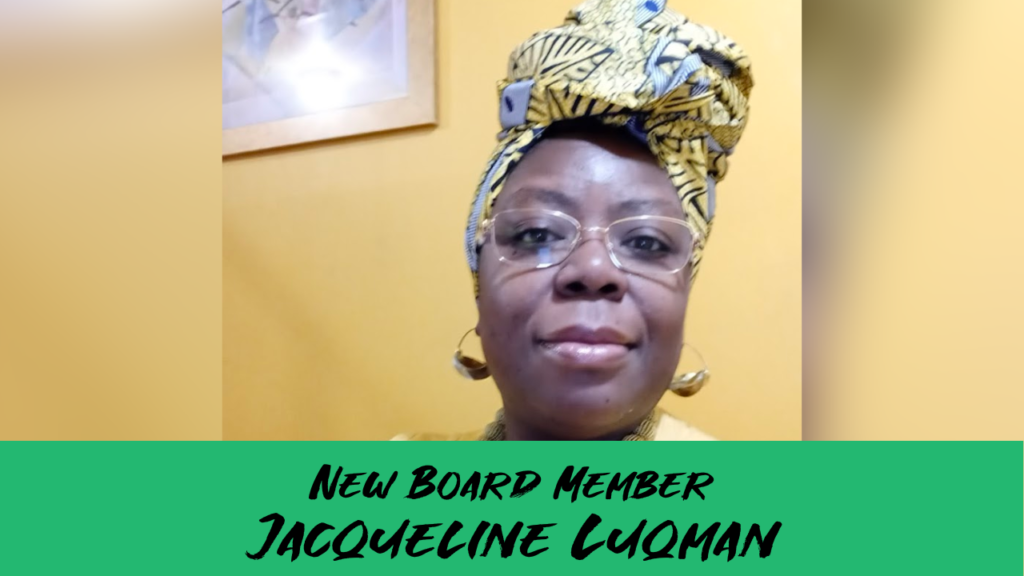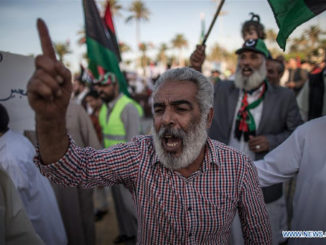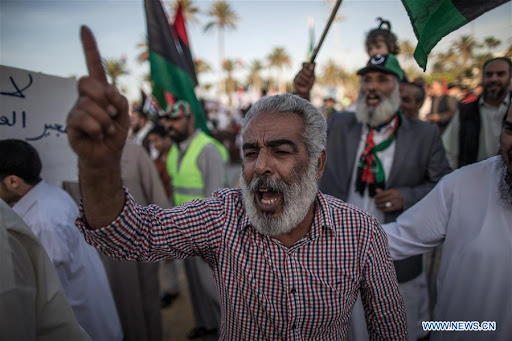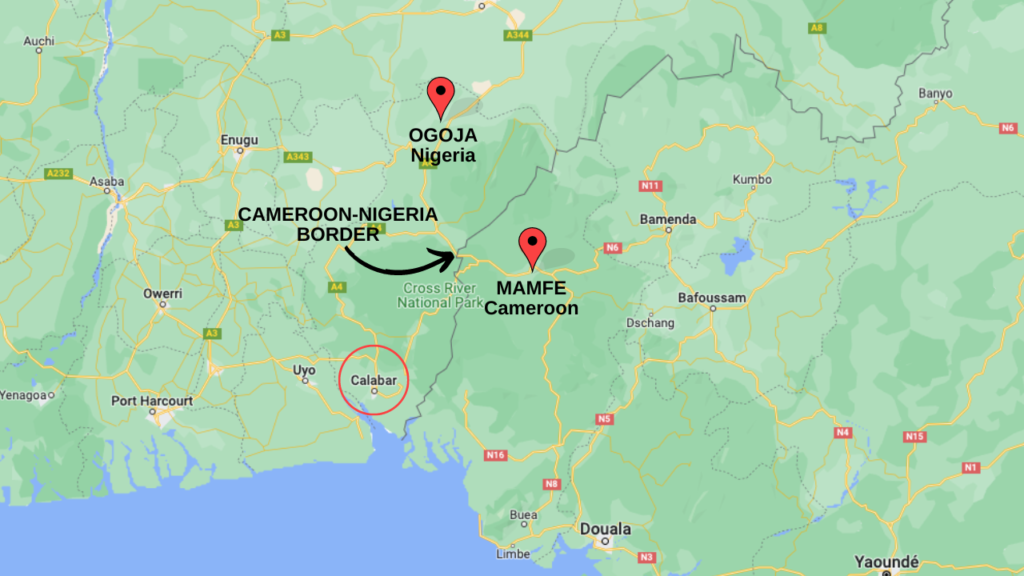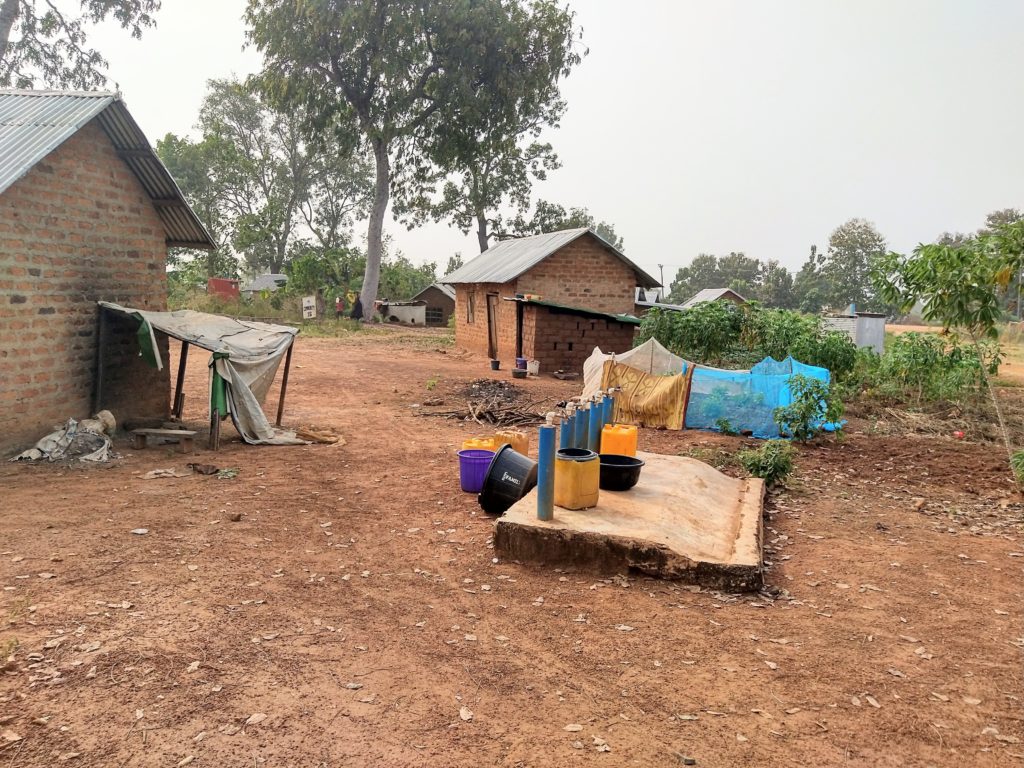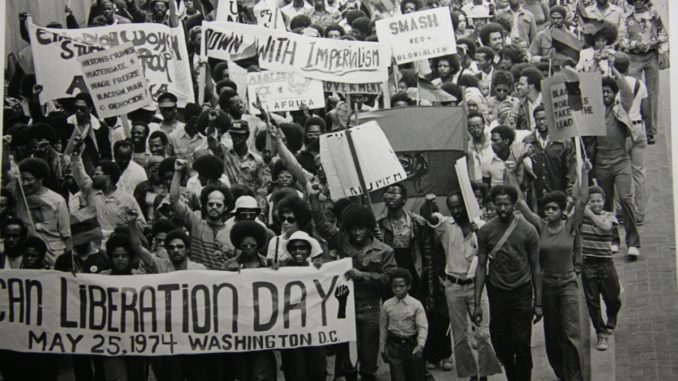
Editor’s Note: The following is excerpted from the Black Alliance for Peace’s AFRICOM Watch Bulletin.
African Liberation Day (ALD), celebrated on May 25, has its origins in the long struggle of African people to liberate themselves from European domination and white supremacy. It is a time in which we emphasize our oneness as a people with a common past, common set of problems and a common future.
The capture of millions of African people, who were enslaved and introduced into the Western Hemisphere as property and commodities, is the backdrop upon which we commemorate ALD. The colonial-capitalist system imposes a divide between the millions of Africans kidnapped to the Americas during the Transatlantic slave trade and those left on the African continent.
ALD is a vehicle to continue to highlight the problems, challenges and the future of African people everywhere. The challenges facing Africa and African people worldwide require that we remain dedicated to the cause of Africa’s liberation. We can continue to showcase that dedication by actively participating in ALD activities held throughout the world.
U.S. Out of Africa: Voices from the Struggle
Gamal Nkrumah is a Ghanaian journalist, a Pan-Africanist and an editor of Al Ahram Weekly newspaper. He is the eldest son of the first president of Ghana, Kwame Nkrumah.
AFRICOM Watch Bulletin: Could you speak about the history of African Liberation Day?
Gamal Nkrumah: May 25th is celebrated as African Liberation Day. The day marks the foundation of the Organization of African Unity (OAU) in Addis Ababa, Ethiopia in 1963. The formation of the OAU was a key moment in a centuries-long struggle against colonialism, capitalism, and imperialism.
For more than 500 years, African people have been dehumanized and degraded, with their bodies and labor commodified to enrich a ruling elite. From slave labor on cotton and sugar plantations to the extraction of gold and diamonds from the earth, the development of Europe and the Americas happened through the rapid exploitation of African people.
Through the collective experiences of deprivation, African people in the diaspora and continent developed a resistance movement. There were many milestones in this process: the formation of independent, maroon communities by former slaves and Afro-Caribbean people, the first Pan-African congress held in 1900, the fifth Pan-African Congress in Manchester, 1945.
Over the decades, political consciousness grew around the necessity to wage a revolutionary, Pan-African struggle against colonial and imperial rule in the 20th century. The revolutionary anti-colonial movements culminated in the mid-century with the independence of several African nations from European powers and the formation of the Organization of African Unity.
AWB: How does ALD relate to the struggles of African people today?
Gamal Nkrumah: African Liberation Day, as it came to be known, was born from the fierce fight for a new society. As Kwame Nkrumah said, “The African Revolution, while still concentrating its main effort on the destruction of imperialism, colonialism and neocolonialism, aims at the same time to bring about a radical transformation of society. The choice has already been made by the workers and peasants of Africa. They have chosen liberation and unification… for the political unification of Africa and socialism are synonymous. One cannot be achieved without the other.”
Today, capitalism continues to brutally ravage and exploit Africa and its people. The West, through their militaries as well as the IMF and World Bank, have consistently imposed a neocolonial agenda on the continent, and the Organization of African Unity, now known as the African Union, is a puppet of capital and elite interests.
African people on May 25 celebrate the victories of revolutionary Pan-Africanism. African Liberation Day recalls the long history of struggles against class exploitation, colonialism and imperialism.
Revolutionary Africans know that attaining full emancipation demands a revolution from below, in the interests of people over profit. The only antidote to this colonial-capitalist system that continues to impoverish African people is an organized force in Africa ready to pursue Pan-Africanism under scientific socialism.


